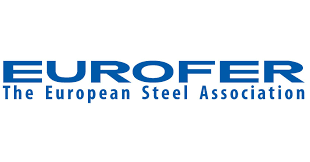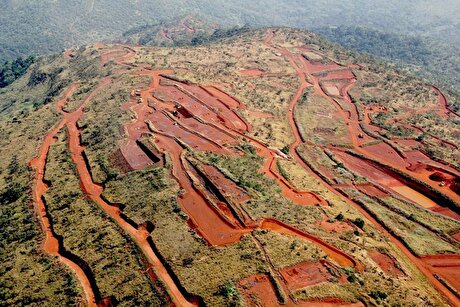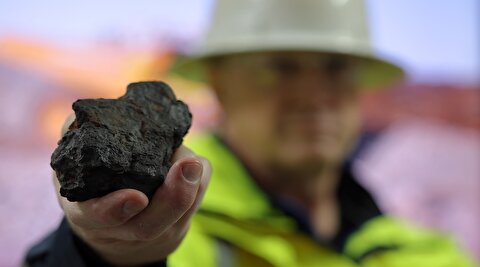
Eurofer seeking CVD on Turkish HRC

This is the latest development in escalating trade tensions between the EU and Turkey. The commission began a review of safeguard import quotas and launched an anti-dumping investigation into Turkish hot-rolled coil (HRC) in April, which was not publicly announced until mid-May. Meanwhile, the World Trade Organisation (WTO) circulated a notification this week that Turkey plans to suspend concessions on imports of certain steel products from the EU, including HRC.
In its most recent complaint, Eurofer says: "The injury [from Turkish HRC] resulted from a combination of (a) a surge in subject import volumes from Turkey in the wake of the Turkish crisis, which remained at high levels in recent quarters and had knock-on effects due to stockpiling and then destocking by importers; and (b) low undercutting Turkish prices." As a result, European mills were forced to lower prices to avoid idling units and to remain competitive.
The association said any measures implemented should not prevent Turkish producers from accessing the European market — it pointed to the low duties applied to material from Russia's Severstal as an example — but rather ensure that material is sold at a fair price. It emerged earlier this week that Eurofer is also pushing for a review of Severstal's duties.
In their complaint regarding Turkey, EU mills highlight the fact that Turkey's Eregli Demir — which owns Iskenderun Demir — is controlled by the Turkish government, and is the largest exporter of steel, but they also name Tosyali, Colakoglu, Habas and MMK.
Eurofer has identified 11 countervailable and export subsidies available to Turkish mills that its alleges are prohibited under the WTO subsidies agreement. These include an export freight support programme, export loans, benefits in organised industrial zones, raw materials, electricity and natural gas subsidies, and investment incentives. The association alleges an injury margin of 10-15pc.


Gold price edges up as market awaits Fed minutes, Powell speech

Glencore trader who led ill-fated battery recycling push to exit

Emirates Global Aluminium unit to exit Guinea after mine seized

UBS lifts 2026 gold forecasts on US macro risks

Iron ore price dips on China blast furnace cuts, US trade restrictions

Roshel, Swebor partner to produce ballistic-grade steel in Canada

EverMetal launches US-based critical metals recycling platform

US hikes steel, aluminum tariffs on imported wind turbines, cranes, railcars

Afghanistan says China seeks its participation in Belt and Road Initiative

First Quantum drops plan to sell stakes in Zambia copper mines

Ivanhoe advances Kamoa dewatering plan, plans forecasts

Texas factory gives Chinese copper firm an edge in tariff war

Pan American locks in $2.1B takeover of MAG Silver

Iron ore prices hit one-week high after fatal incident halts Rio Tinto’s Simandou project

US adds copper, potash, silicon in critical minerals list shake-up

Barrick’s Reko Diq in line for $410M ADB backing

Gold price gains 1% as Powell gives dovish signal

Electra converts debt, launches $30M raise to jumpstart stalled cobalt refinery

Gold boom drives rising costs for Aussie producers

First Quantum drops plan to sell stakes in Zambia copper mines

Ivanhoe advances Kamoa dewatering plan, plans forecasts

Texas factory gives Chinese copper firm an edge in tariff war

Pan American locks in $2.1B takeover of MAG Silver

Iron ore prices hit one-week high after fatal incident halts Rio Tinto’s Simandou project

US adds copper, potash, silicon in critical minerals list shake-up

Barrick’s Reko Diq in line for $410M ADB backing

Gold price gains 1% as Powell gives dovish signal

Electra converts debt, launches $30M raise to jumpstart stalled cobalt refinery
















